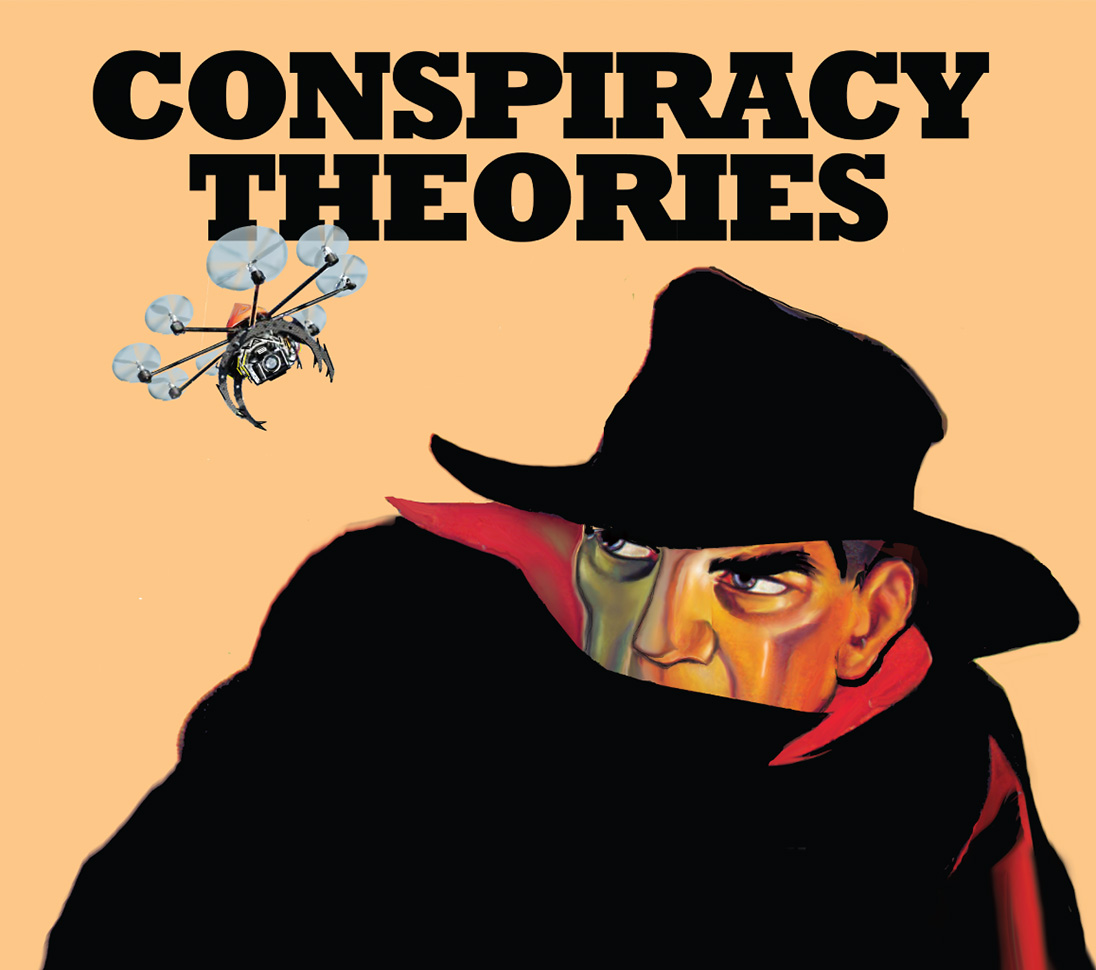What is a conspiracy theory, why do people believe in them, and why do they tend to proliferate? Why does belief in one conspiracy correlate to belief in others? What are the triggers of belief, and how does group identity factor into it? How can one tell the difference between a true conspiracy and a false one? For the answers, download this free booklet, created by Michael Shermer and Pat Linse, the founders of Skeptic magazine and your Skeptics Society.
This article was published on November 11, 2014.
















I’m skeptical that there is such a thing as a good skeptic.
denis, the difference is that Hitler’s rise left a trail of tangible, verifiable evidence, not just smoke and mirrors. A good skeptic learns to distinguish the credibility of information that is offered as evidence and weight it accordingly.
Yeah on this one I find it a little bit to easy just to point out that conspiracy theories are only made up from random events…..
Honnestly people like you could have said in the 30′ that seeing Hitler as a madman was also a conspiracy theorie !!!!!
I’m so sorry but Mankind is ruled by Greed and Power, probably since the first villages or towns were erected on Earth over 10 000 years ago…. And probably even before…
I rather be skeptic in both ways, which mean I don’t say it’s true, but I don’t say nothing happen neither. Like the saying : There’s no smoke without a fire….
To trick people into gamic is widely used, so !!!!! Snowden has shown us that social medias were under scrutinity….. Do we really need more…. Only naive people will see it otherwise, like children that believe in Fairytales or Disneyland…. Or eveyone on Earth is nice, honest and narcissic !!!! ;-)
I’ve been following Michael on YouTube, Facebook and Twitter for some time now, I like his stuff, and our opinions very often align. I’ve also downloaded an audible lecture, mind expanding, although sometimes a bit above my level. I look forward to reading his thoughts on global affairs.